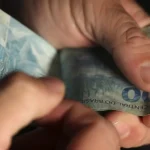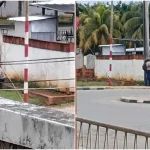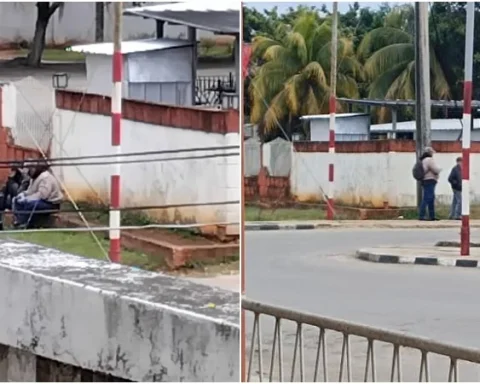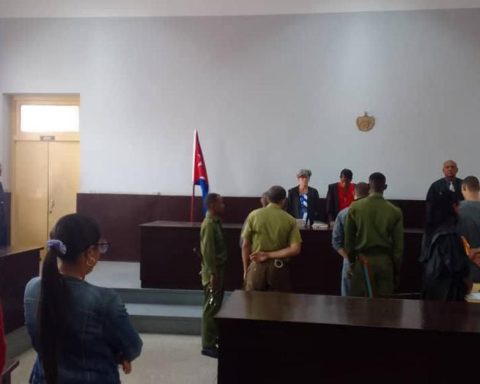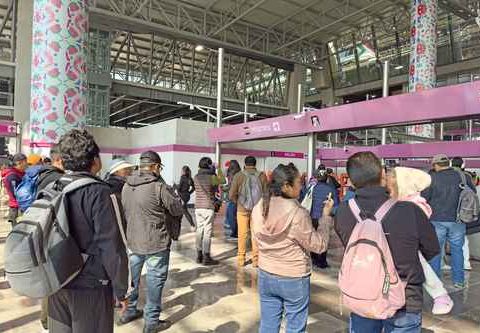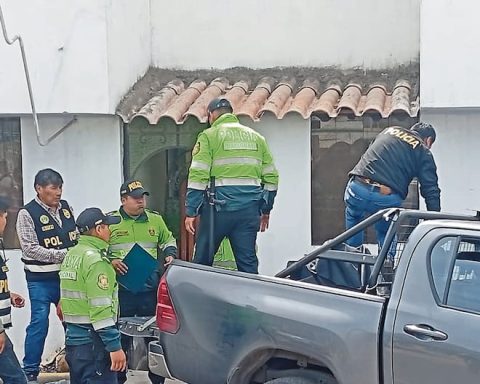In 1972, Gerardo Fogel warned of the danger that drugs contained for young people
It was at the beginning of 1972. A national and international congress on sociology was taking place in the event hall of the still brand-new Hotel Guaraní, a discipline that the regime always regarded with suspicion. On that occasion, the congressmen evaluated the social transformations in progress. Paraguay then had 2,357,000 inhabitants, 62.6% living in the countryside and only 37.4% in the cities. Now it is easy to have access to these types of statistics. But in those days, they were a secret kept under lock and key by jealous officials who considered themselves absolute masters of the State… and in fact, they were.
For this reason, the fluency, topicality and plot articulation with which a participant addressed the audience was surprising, addressing a difficult and complicated topic to expose. It was Dr. Gerardo Fogel, doctorate in France in sociology of development and social planning. Fogel offered a true master class, accumulating data after data on the trends that were already insinuating themselves in terms of the transformation of Paraguayan society migrating from rural to urban areas. He focused on youth, opening a question mark regarding a topic: the irruption of psychotropics. He talked about gateway drugs, hard drugs, their effects and their social impact. It was not usual, at that time, to hear such stark language in a public speech.
That’s 50 years ago.
RICORD, THE COMMANDER — Fogel left the ball spiking. Were we a country of transit, production or consumption?
Drugs were talked about in a low voice. It was considered fanciful that they moved fortunes in an economy that at the beginning of the ’70s exported barely 80 million dollars.
From time to time an episode escaped the iron clutches of censorship – worse still, self-censorship – suffered by all the media, which in reality were limited to a dozen radio stations, a couple of newspapers with more or less up-to-date information and no television.
And what happened was a lot. It would have been even for this era of social networks, streaming, digital newspapers and news portals. In 1971, a certain Augusto Ricord, a Frenchman born in Corsica known by his nickname Il Commandante, was arrested in Asunción. He was credited with creating the French Connection, a network that smuggled heroin from Indochina through Turkey, from there to France, with the United States and Canada as the final destination.
Ricord owned a kind of apart hotel called Paris-Niza on the way to Itá Enramada. His name had resonated with force in the US Bureau of Narcotic and Dangerous Drugs, predecessor of the current DEA. Five members of the network, arrested while trying to smuggle fifty kilos of heroin into the United States, had chanted Ricord’s name. The Frenchman was protected, according to US authorities, by high-ranking army officers involved in heroin trafficking. Finally, the State Department tightened some screws and Ricord was extradited in September 1972 to be sentenced to 22 years in prison of which he only served.
- Pardoned the rest of his sentence, his last years were spent in Paraguay.
FROM TRANSIT TO CONSUMPTION – In 1973, the Reader’s Digest Selections magazine published an article entitled “Secrets of drug trafficking in South America” in which the then all-powerful cavalry general Andrés Rodríguez was linked to the direct protection of drug trafficking. The regime reacted as expected: it seized the copies with that content in the hope that the issue would not spread. It was in vain. People crossed to Foz de Iguazú to buy the magazine, which was published in Brazil, copies that would later circulate until they were worn out.
In the following decades, the arrests, seizures, arrests, prosecutions, and sentences increased along with the appearance of highly technical criminal organizations that operate comfortably, and with capo-narcos that make a bombastic display of wealth, alternating at the highest social levels.
From a transit country, it quickly became a production country and, at the same time, consumption at all levels.
SMALL BIG TRAGEDIES – They are called the invisible, the submerged, the marginal, the dispossessed. There are dozens of adjectives to describe this increasingly lower age group of children and adolescents who quickly start consuming all kinds of psychotropic drugs with varying degrees of addictiveness.
The three mother drugs that give rise to a growing variety of by-products are marijuana, cocaine and crack, the latter a combination of cocaine hydrochloride and sodium bicarbonate. Their fractionation and combination with other substances make them accessible to consumers with fewer resources. This feature multiplies dealers’ profits and ensures a fixed clientele capable of stealing and even killing to get a fix. A 2019 report from Senad indicates that the use of cannabis occurs mostly in private schools, where 7.3% of the students surveyed claimed to have used it at some time in their lives, 4.9% who used it in the year and 2.8% who consume it regularly.
IMMOBILIZED STATE OR ACCOMPLICE? – Since the last third of the last century, Paraguay has traveled from the country of transit to that of production and consumption. The drug has generated a subculture of destruction that permeates the entire society. Criminal organizations have consolidated, acquired high financial capacity and a lot of firepower. Nothing stops them. Its field of action expands and its imprint permeates all levels of the State and Government. Meanwhile, politicians splash around in a dirty carnival of grievances accusing each other of receiving money for contributing, by act or omission, to the growing narco-state.
Fogel, 50 years ago, partially lifted the veil that covered that emerging world at the time.
Half a century passed, the question has been revealed… but we did not learn anything.
Will we have to get used to living with this reality?







